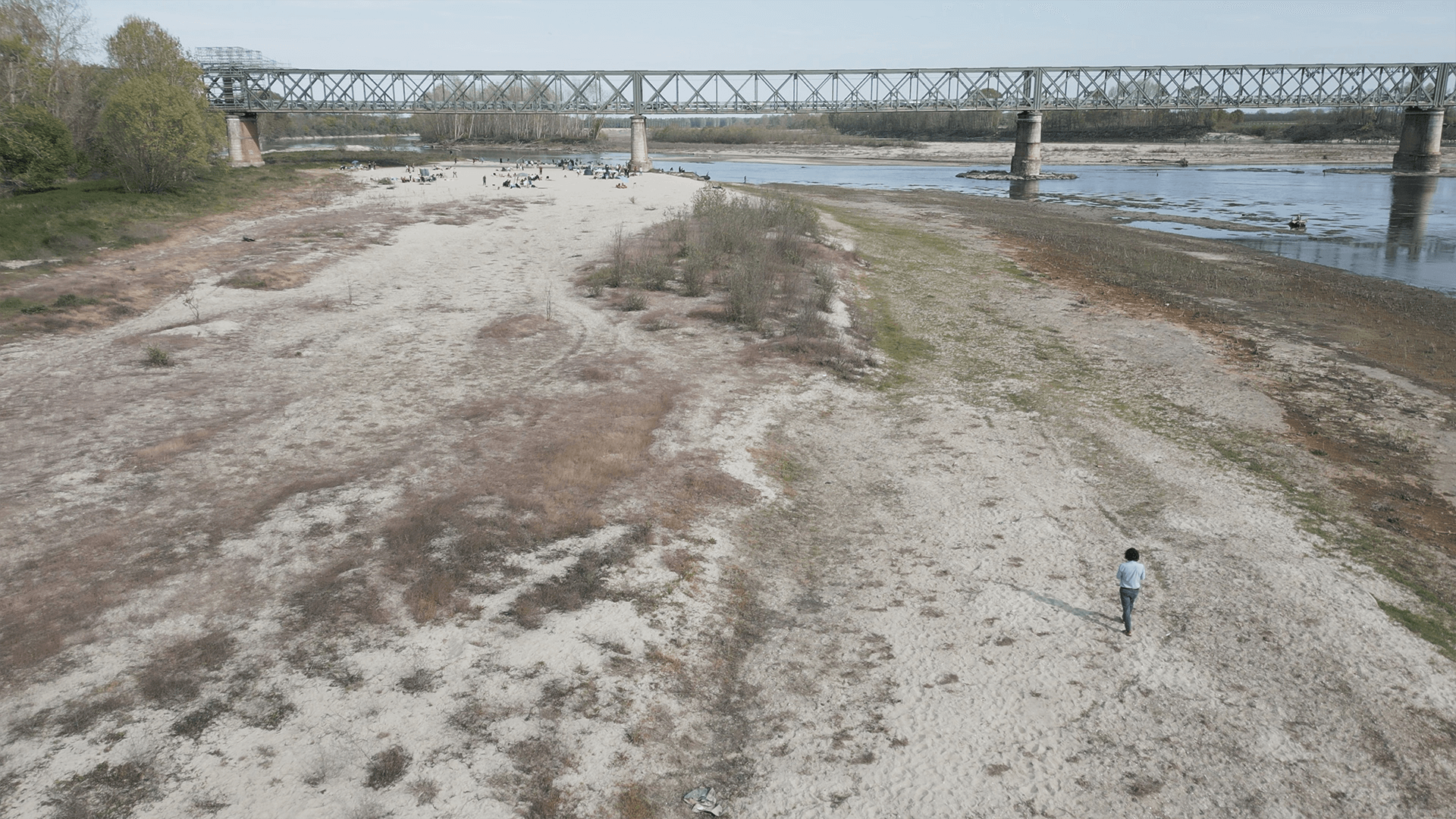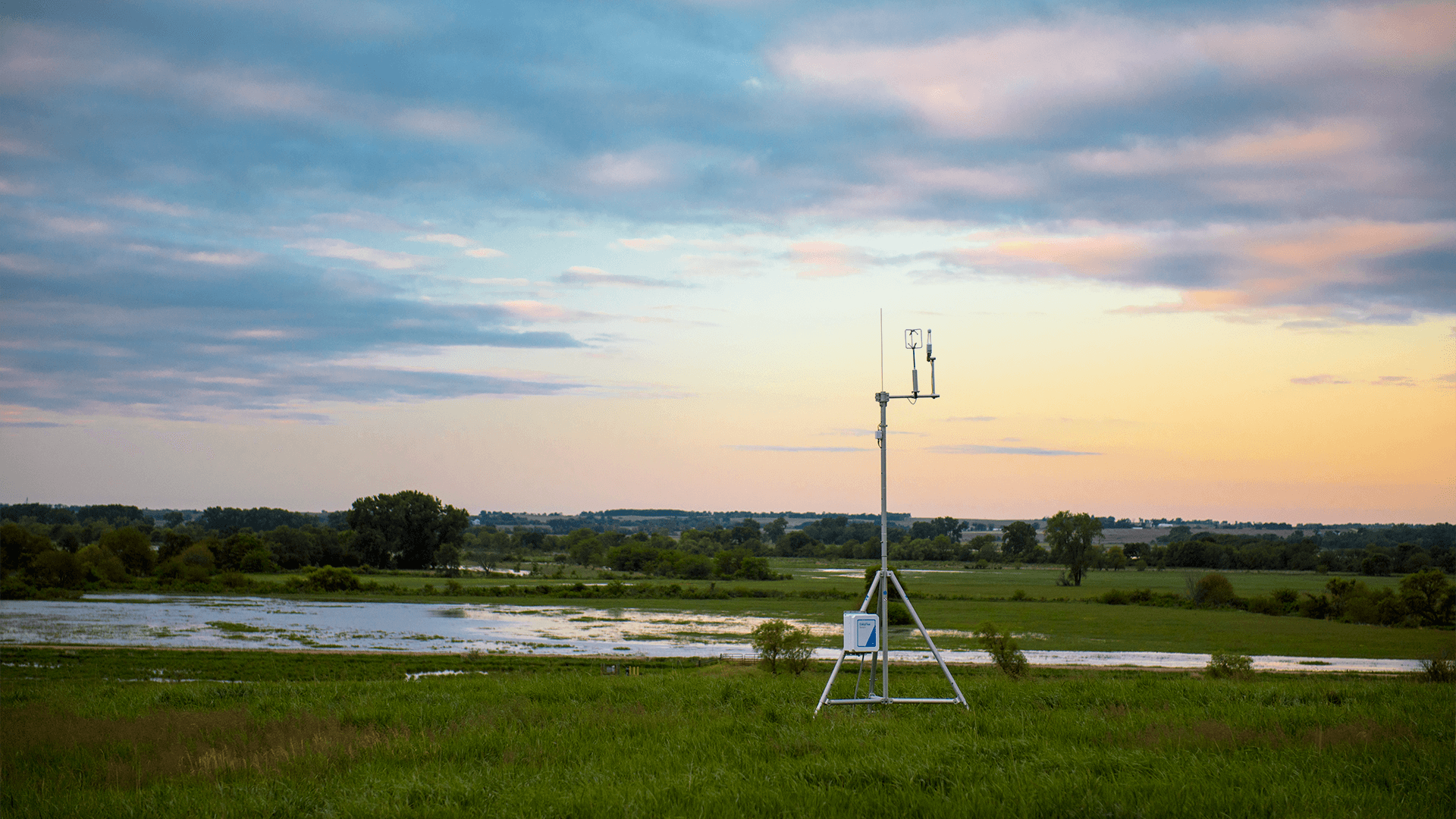By Audrey Habron
Eddy covariance has always played a vital role in various research fields, and it continues to be an important factor in climate change research and crop water management. Around the world, the allocation of water in crop production has been dramatically impacted by the climate crisis, and this is particularly evident in parts of Italy.
Eddy Covariance in Rice Research
For long-time rice farmer Luigi Ferraris, the severe drought in Italy’s Po valley underscores the increasing challenges posed by climate change. This drought, the region’s worst in 200 years, has led to a 30% decline in rice production, affecting premium varieties like carnaroli, which is used for risotto.

PHOTOGRAPH BY ANDREA, STOCK.ADOBE.COM
In light of these events, researchers are working diligently to find solutions by first understanding the impact of climate crisis. The eddy covariance technique helps them measure how ecosystems—such as the Po valley’s rice fields—are exchanging carbon dioxide, water, methane, and energy with the atmosphere. Biometeorologist Marta Galvagno from the Environmental Protection Agency of Aosta Valley uses her own eddy covariance tower, equipped with the LI-7500DS Open Path CO2/H2O Analyzer to better understand its impact on the carbon budget and ecosystem function.
Eddy Covariance Techniques for Better Crops
Eddy covariance systems that include instruments like the LI-7500DS are invaluable for a variety of research fields and interests. Whether you are monitoring droughts and their impact on crop production, studying water management in fields, or assessing crop yield response to environmental factors, the eddy covariance technique provides trusted data for key decision-making.

Image by LI-COR Environmental
In addition, eddy covariance towers are crucial for making climate-smart agricultural decisions. Towers that measure carbon dioxide and water vapor offer real-time data on crop-atmosphere interactions. Combined with agronomic models, this information aids farmers and key decision makers in optimizing water use, enhancing crop productivity, and reducing environmental impact.
Designing an Eddy Covariance System
No research initiative is identical, so your eddy covariance system shouldn’t be, either. LI-COR offers a variety of eddy covariance instruments and the ability to customize an entire system based on your climate change research needs. To learn more, visit the website or contact us.
Spaggiari, O. (2024). Risotto crisis: the fight to save Italy’s beloved dish from extinction. The Guardian. [online] 29 Feb. Available at: https://www.theguardian.com/environment/2024/feb/29/risotto-crisis-the-fight-to-save-italys-beloved-dish-from-extinction-aoe.

Audrey Habron is a freelance and contract scientific writer in the environmental, biotech, healthcare, medical, and pharmaceutical industries. She has over six years of experience in scientific communication, digital marketing, and content management and holds a bachelor’s degree in biology. In her free time, Audrey enjoys exploring national parks, advocating for sustainability, and discovering new ways to merge her passions with her professional endeavors.
Audrey Habron
www.audreyhabron.com | audreyhabron@gmail.com